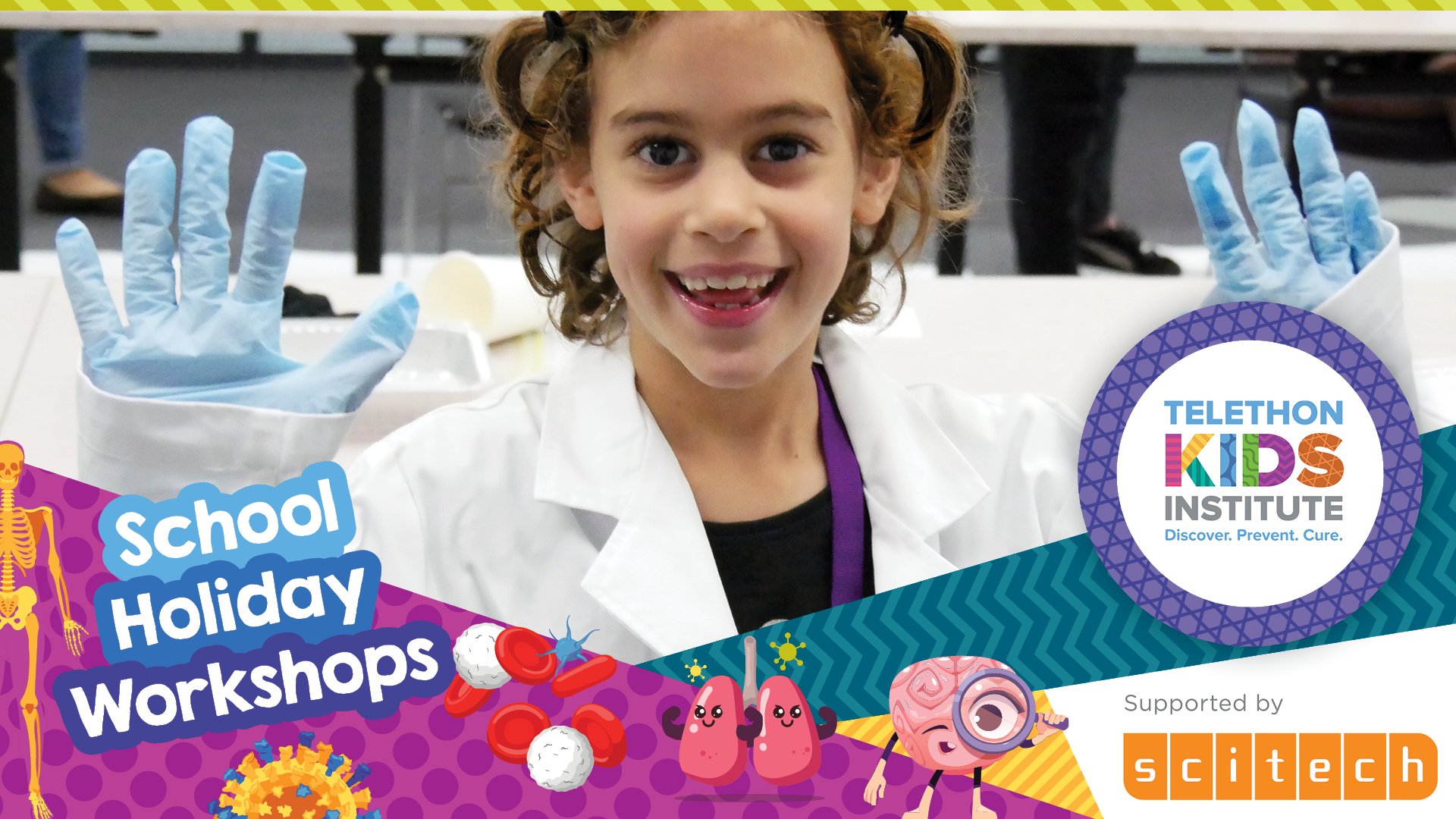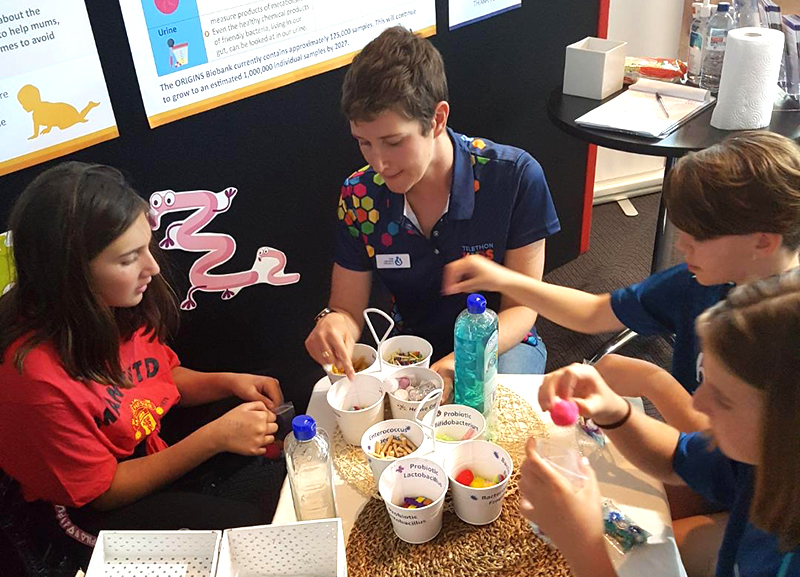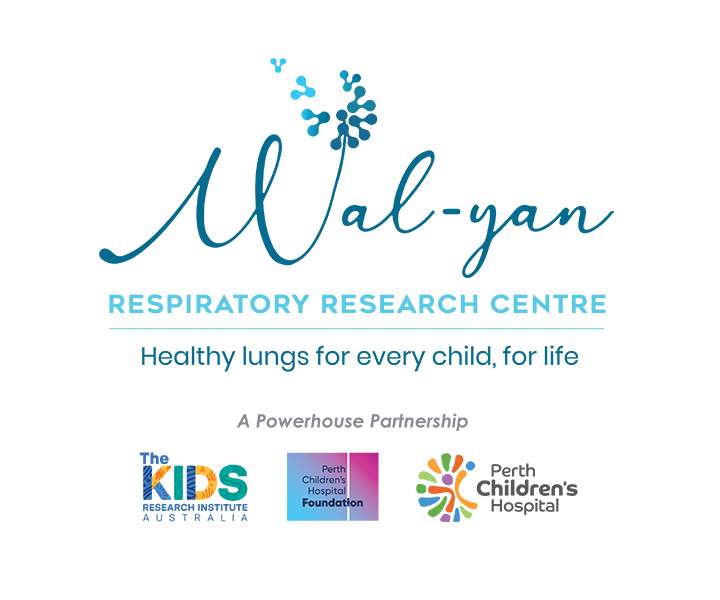Search

Everything you need to know to book tickets to our upcoming school holiday workshops in April held at Scitech!

Want to find out more about what an excursion to The Kids is all about? Join us for our first ever Science & Sip!

Keep up to date with all things Discovery Centre related by signing up to the Discovery Club. You’ll be able to log in with all your information at the centre!

Make your very own unique microbiome using a range of textured items designed to be squeezed and squished.
Meet the ASAVI team

The Wal-yan Respiratory Research Centre is a global epicentre for paediatric respiratory research, informing clinical practice and driving a new research agenda for childhood lung health.

The Wal-yan Respiratory Research Centre offers a broad range of outpatient and portable tests for those affected by chronic respiratory conditions.

Portable equipment is available to enable bedside and community-led research in rural and remote communities, including Indigenous communities where children are disproportionately affected by chronic respiratory conditions.

One way the Wal-yan Respiratory Research Centre provides the opportunity for consumers and community members to contribute to our research is through participation in one of our eight community reference groups.
